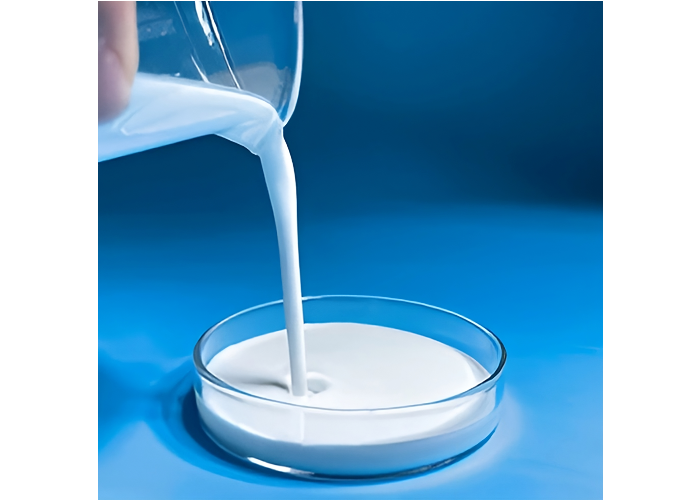
Kopolimer PVA Bazlı Tutkalların Tarihçesi
Kopolimer polivinil alkol (PVA) bazlı tutkallar, modern endüstriyel yapıştırıcıların önemli bir parçasıdır. Bu tür tutkallar, vinil asetat monomerinin polimerizasyonuyla elde edilen polivinil alkolün su içinde çözünebilir bir formudur ve ilk olarak 20. yüzyılın başlarında keşfedilmiştir.
PVA'nın kimyasal yapısı ve özellikleri, 1920'lerde Alman kimyagerler tarafından incelenmiştir. Ancak, PVA bazlı yapıştırıcıların yaygın kullanımı, İkinci Dünya Savaşı sonrası dönemde hız kazanmıştır. Bu dönemde, sentetik yapıştırıcılar doğal tutkallara alternatif olarak geliştirilmeye başlanmış ve daha dayanıklı, suya dirençli ve geniş bir uygulama yelpazesine sahip olan PVA bazlı tutkallar üretilmiştir.
1950'lerde PVA'nın kopolimerizasyon süreçleri geliştirilerek daha güçlü yapışma ve esneklik özellikleri sağlanmıştır. Bu kopolimer PVA tutkallar, özellikle ahşap işçiliği, kağıt ürünleri, tekstil ve ambalaj sektörlerinde yaygın olarak kullanılmaya başlanmıştır. Zamanla, PVA bazlı tutkallar, düşük toksisite, kolay uygulanabilirlik ve çevre dostu özellikleri sayesinde birçok endüstriyel ve evsel kullanım alanında popüler hale gelmiştir.
Kopolimer PVA bazlı tutkalların tarihçesi, kimya mühendisliğindeki ilerlemelerle paralel olarak gelişmiş ve bugün hala birçok sektörde temel bir yapıştırıcı türü olarak önemini korumaktadır.
20 Ekim 2024




